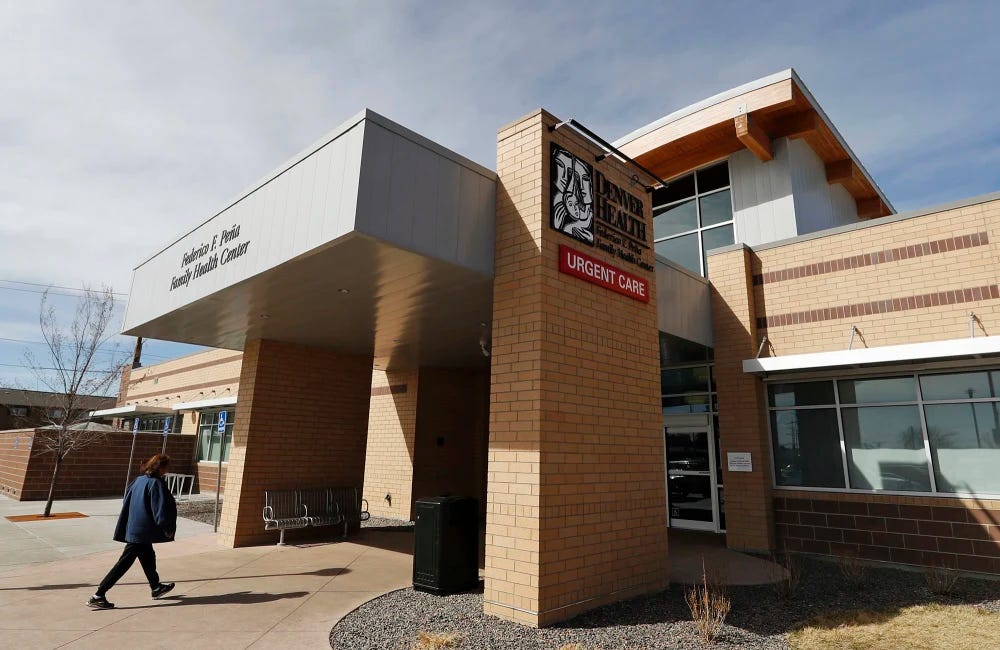Hospitals Halt Gender-Affirming Care Amid Review of Trump’s Executive Order
The order, signed Tuesday, targets reversing policies protecting transgender individuals' healthcare access under the Biden administration.
WASHINGTON D.C. — Several hospitals across Colorado, Virginia, and Washington, D.C. have paused gender-affirming care for minors in response to President Donald Trump's executive order signed on Tuesday. The order seeks to reverse policies implemented under the Biden administration that protected the rights of transgender individuals, specifically concerning their access to gender-affirming healthcare.
Denver Health in Colorado confirmed Thursday that it has ceased offering gender-affirming surgeries to individuals under 19 years of age. The move comes as part of the hospital's effort to comply with the executive order and continue receiving federal funding. It remains uncertain whether the hospital will continue providing other forms of gender-affirming care, such as hormone therapy or puberty blockers, for youth.
In Virginia, VCU Health and Children’s Hospital of Richmond announced the suspension of both gender-affirming medications and surgical procedures for individuals under the age of 19.
Children’s National Hospital in Washington D.C. also stated it had paused prescriptions of puberty blockers and hormone therapy while it assesses the implications of the new directive. The hospital already did not provide gender-affirming surgeries to minors.
Trump’s executive order targets the cessation of federal support for gender-affirming care and calls on agencies to ensure that hospitals receiving federal funding for research and education grants “end the chemical and surgical mutilation of children.” This language, which includes terms such as “mutilation,” “maiming,” and “sterilizing,” has sparked controversy, with critics arguing that it misrepresents medical practices widely accepted in gender-affirming care.
Despite these halts, some hospitals have pledged to continue providing care. Lurie Children’s Hospital in Chicago, for example, confirmed it is reviewing the order and evaluating any potential impact on the services it offers. The hospital emphasized its commitment to advocating for access to medically necessary care that is grounded in science and compassion.
The World Professional Association for Transgender Health (WPATH) condemned the order, labeling it harmful to transgender youth and their families. WPATH stressed that restrictions on access to necessary medical care could negatively impact the mental and physical well-being of transgender individuals.
While gender-affirming medical care for youth is still relatively rare, a recent study revealed that fewer than one in 1,000 U.S. adolescents with commercial insurance received puberty blockers or hormones in a recent five-year period. The number of gender-affirming surgeries performed on minors remains even lower.
In Denver, hospital officials expressed concern that the executive order would harm the mental health of transgender patients, while assuring the public that primary and behavioral health care services for these patients would continue.
“Denver Health is committed to and deeply concerned for the health and safety of our gender-diverse patients under the age of 19,” the hospital’s statement concluded.


